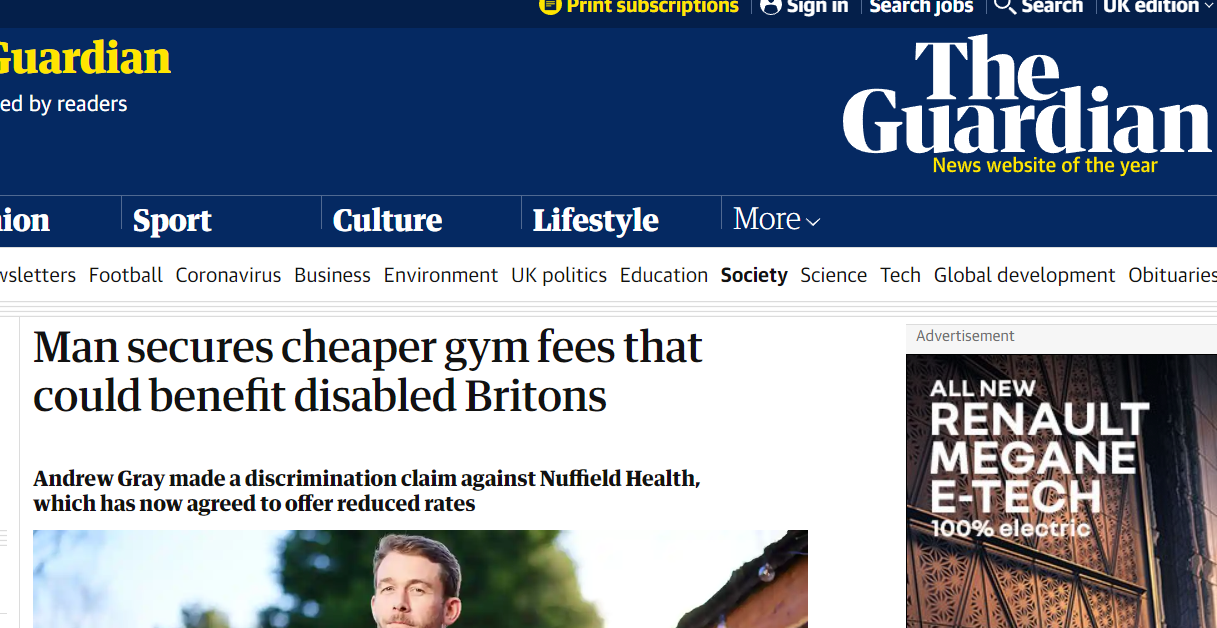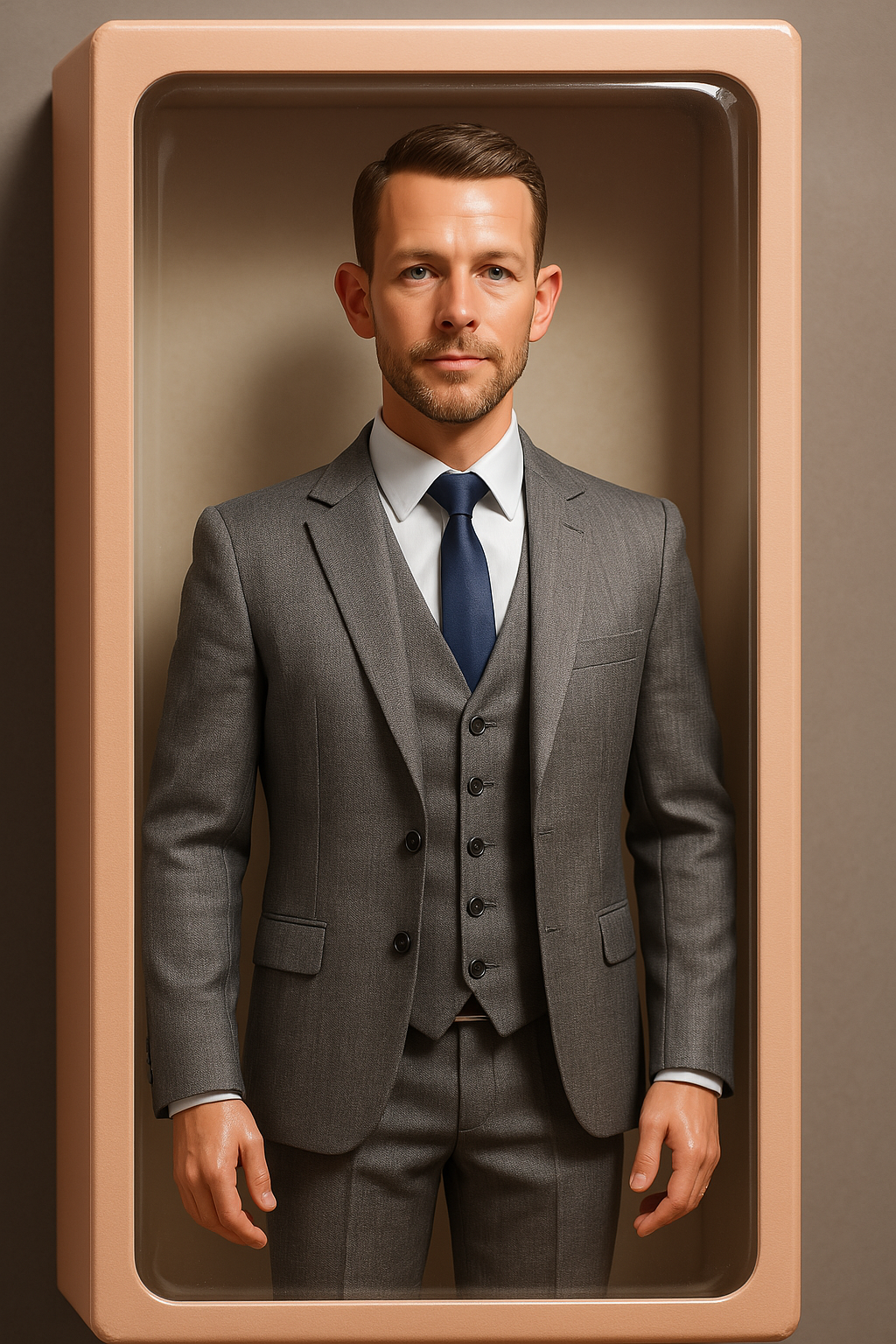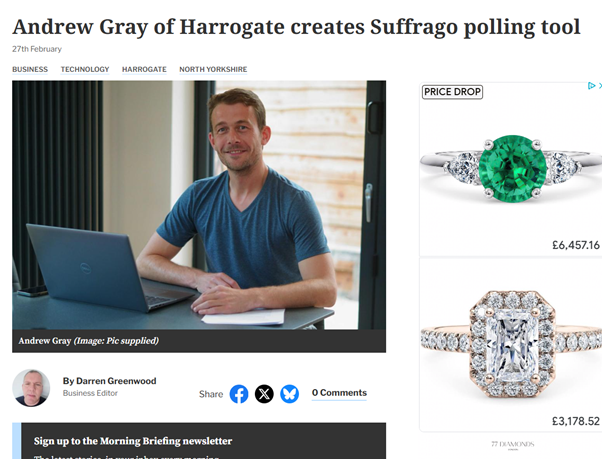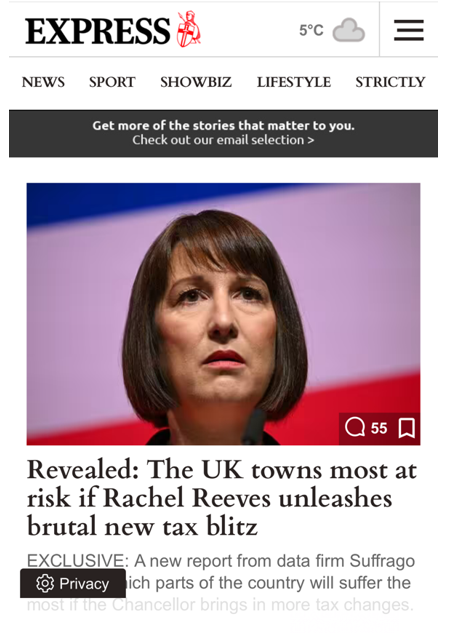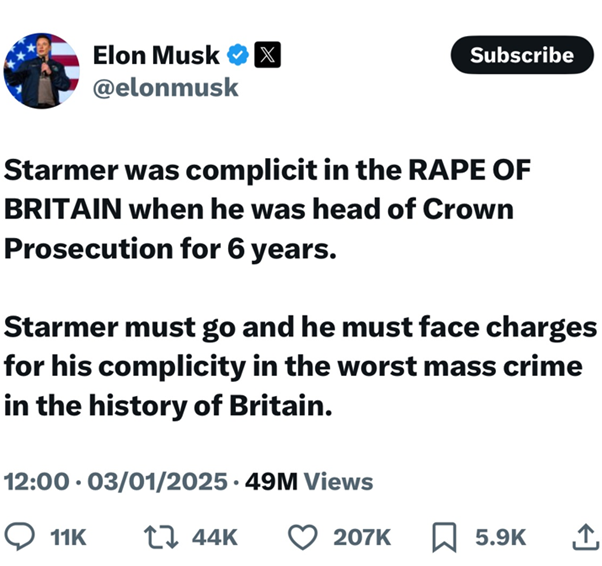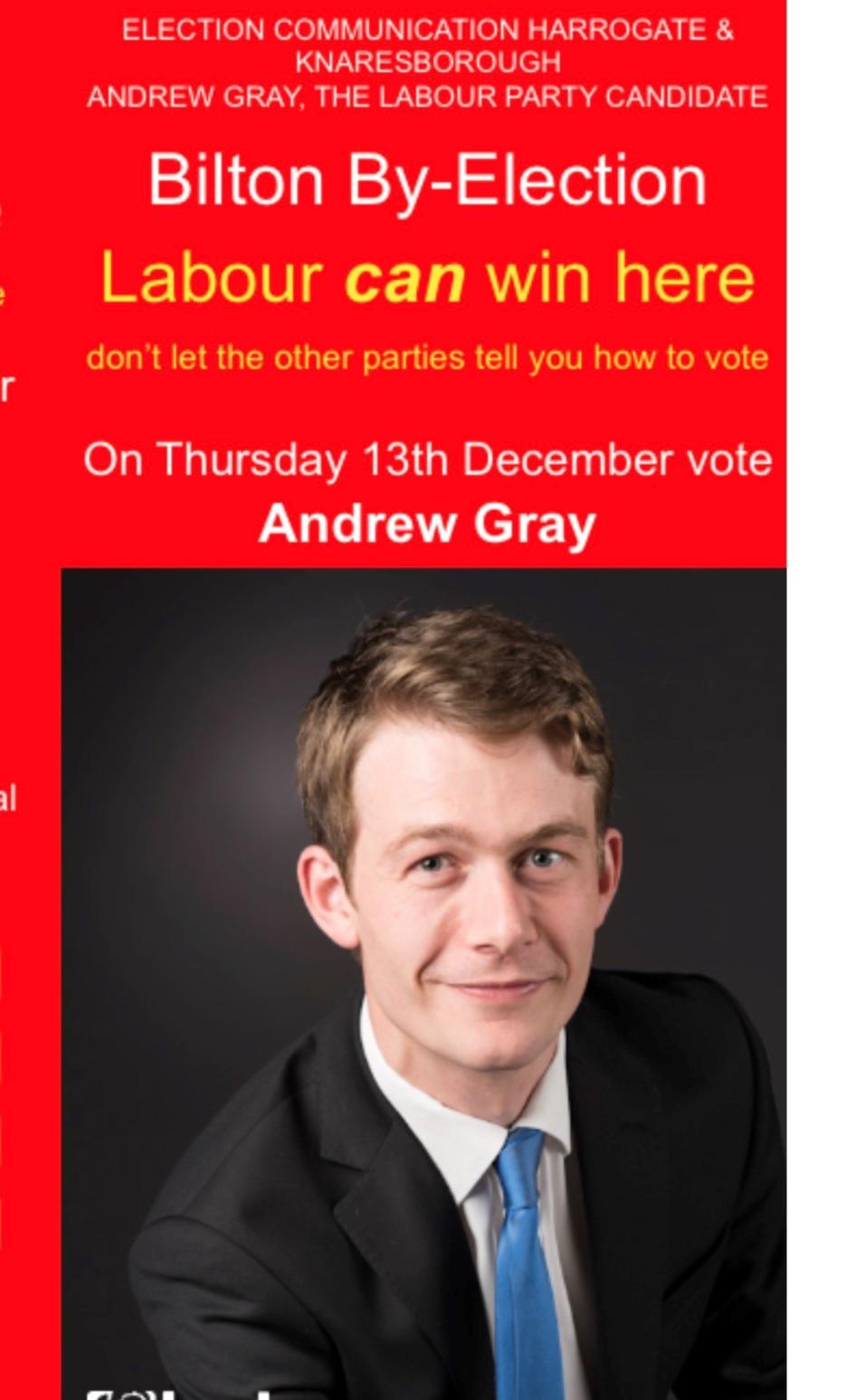(I take no pleasure in writing this blogpost. I write – for my kids – to record what happened. I have only read one of the 10 news articles about me – the one in The Guardian)
In February 2022, with my health still rubbish, I asked my local Nuffield gym – which I had been a member of twice before – whether they would offer me – and all other disabled people – a lower priced membership fee, given that I cannot use most of their facilities. They refused. Reluctantly, I complained, arguing that their policy was a breach of the Equality Act 2010. They rejected my complaint. Either, I could let it rest, or do something about it.
I decided to act.
First, before “lawyering-up”, I researched the law surrounding disability discrimination in the context of a supply of services. Sadly, there was little case law on this issue. I therefore paid my own law firm – a law firm which I have since sold my interest in, for health reasons – to send a letter of claim to the Nuffield.
As the limitation period to issue the claim of six month was nearly up, I instructed my solicitors to issue court proceedings. Thankfully, sensibly, Nuffield settled the claim, agreeing to establish a panel so that disabled people could apply for cheaper membership. The settlement allows disabled people – which make up over 20% of the population – to apply for cheaper membership in over their 114 gyms. I haven’t received any compensation and I don’t intend to re-apply for membership.
Frankly, I don’t like talking about this matter because, as I wrote here, I struggle to use the “D” word when talking about myself.
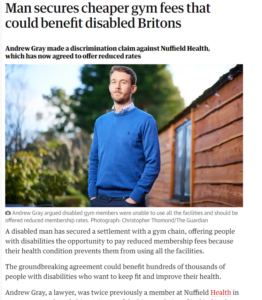
After the story was published by The Guardian, ITV national news arranged an interview, which was subsequently cancelled (as there was a better story out, they said). Although I feel duty-bound to spread this news – in the hope that other gym chains copy Nuffield – I was relieved that ITV cancelled. I recorded quite a lot of radio pieces, though I do not know whether they were aired.
Given that I ran a law firm for a decade, which was committed to providing access to justice, it is ironic that the case which has had the biggest impact was the case where I was the Claimant. Back then in 2022, I knew that if I didn’t take on this matter – me, a disabled litigation lawyer, who was selling his law firm and therefore would have some financial firepower at my disposal – then it was unlikely that anyone else would risk running-up massive legal fees – and the threat of paying the other side’s legal costs – in order to secure cheaper monthly gym fees. Even if I had won at first instance, Nuffield might have appealed. The case could easily have gone up to the Supreme Court.
Sometimes, it’s your turn.
Although there is reference in the following news stories to pensioners being offered cheaper gym fees, this remains disputed and unclear. I must also record that Nuffield deny that there was discrimination. I also want to place on record my gratitude to Nuffield, and to their lawyers, for the way that they responded and handled this case. I wish Nuffield every success. Of course, I wish that I hadn’t needed to “go legal”, but once I did, they have made the right decision.
News Reports of the Case
Here it appeared in The Yorkshire Post. I haven’t read it – I can’t bring myself to read anything other than The Guardian piece.
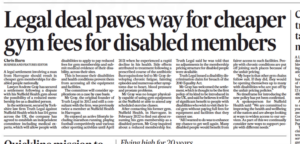
Here are other news outlets’ take on the story:
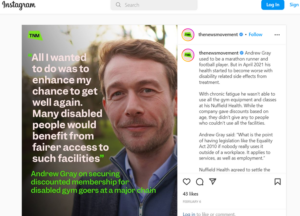
Topic UK
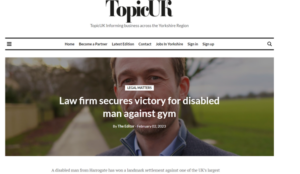
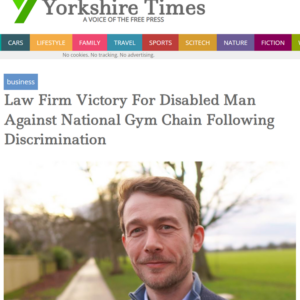
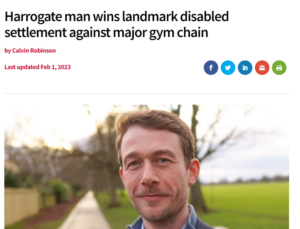
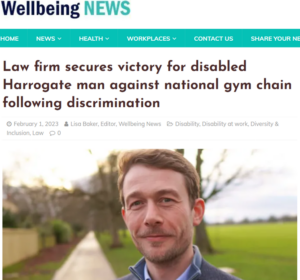
What follows are my spoken answers to questions asked by Greatest Hits Radio. I don’t know whether my answers were aired.
Question 1: Tell me about your case against Nuffield?
When I was fit and active, I was a happy member of my local Nuffield Gym, just around the corner from my house here in Harrogate. I quit my membership just before Covid.
Over the last few years, my health deteriorated quite considerably. I was therefore forced to give up running and football, as well as having to go down to part-time hours with my work. My declining health had a huge impact on my family, my life and my work. Eventually, I had to quit my work.
Quite clearly, I met the definition of a disability as set out in the Equality Act. Under this legislation, service providers, such as private gyms, need to provide reasonable adjustments to disabled people.
In February 22, I asked Nuffield whether there was a concessionary rate for disabled people. Although they were sympathetic, they refused. I personally pushed some more, and they still said no. I either had to leave it, or instruct solicitors. I really didn’t want to push it, but if it wasn’t me – a disabled litigation lawyer with some resources – then I wasn’t sure anyone else would contest it. Frankly, not many people are daft enough to risk vast legal costs and years of litigation, over the issue of monthly gym fees. So, I could see that nothing would change unless I did something. Sometimes, it’s your turn.
After issuing court proceedings, Nuffield settled the case. What’s going to happen is that Nuffield are setting up a committee to allow disabled people to apply for cheaper membership. This means that throughout their 114 gyms, disabled people now aren’t priced out of becoming members. I’m absolutely thrilled by their decision.
Q2: How often did you use the gym and how did that change following changes to your health?
I was previously a member of my local Nuffield gym for a few years, but my membership lapsed. In Feb 22, I wanted to re-join in order to improve my symptoms. I’ll do anything to get just a little bit better. With my fluctuating health, I simply didn’t know whether I would be able to use the membership often, or even at all. I also knew that I was restricted to perhaps just using the spa facilities, for only a short time. It would be financial madness for me – and for most disabled people – to pay a high monthly fee in those circumstances. Millions of disabled people were in the same boat.
Q3:How did Nuffield react to your request?
When I first asked Nuffied on the telephone to reduce their rates for disabled people, they were sympathetic, but said no. Candidly, I was told that I wasn’t the first disabled person to make this request. I then sent a polite letter of complaint to them, explaining that I thought that their policy of charging disabled people full rates, was disability discrimination. Nuffield replied, explaining that they disagreed with my views. That’s when I had to send a solicitor’s letter and then issue court proceedings. Eventually, we reached a settlement with Nuffield, which will apply to every one of their 114 gyms, and to anyone deemed disabled under the Equality Act. That could be around ¼ of the population.
Q4: How did that discrimination make you feel?
With so many people across the country with chronic illnesses, particularly Long Covid, Nuffield’s initial decision to refuse my request seemed ridiculous and short-sighted. It left me feeling really low. All I wanted to do was to see if I could improve my symptoms.
Around 1 in 4 people are deemed disabled under the Equality Act 2010. What most people don’t know is that you don’t need a blue badge or a disability payment from the government to be regarded as disabled under the act. Given how fit I used to be – I used to run marathons and play football – I still find it hard to talk about myself as disabled.
Q5: What does this ruling mean for others in a similar position to you?
This sensible settlement, by Nuffield, means that up to ¼ of the population, who fall under the category of disabled under the Equality Act, can approach Nuffield about getting cheaper membership rates. This means that millions of people have the chance to improve their health. I suspect that this means thousands more people will become members of the Nuffield. Now that Nuffield have taken this brilliant step, other gym chains will have to play catch-up with Nuffield’s pioneering stance, or risk losing customers and getting sued. This is a win-win story for the health of the country.
Q6: What is your response to the changes Nuffield is now promising, following your case?
Although I am disappointed that I needed to “go legal” to make this change, I am full of respect and admiration to The Nuffield for these dramatic changes that they are making. My hope is that their business grows and that they open more outlets, so that far more disabled, as well as non-disabled, people can access their facilities. Disabled people stand to gain massively from this sensible change in policy.
Q7: Anything else to add ….
After nearly two decades of being a lawyer, I never would have thought that the most impactful case that I would ever be involved in was where I was the claimant, not the lawyer. I am grateful to my tenacious lawyer at Truth Legal, Katherine Swinn, for securing this monumental victory. As I had to quit my work due to my chronic health complaints, this has been a good way to go out.
Sometimes, the stars align and it’s your turn to do something meaningful. I encourage all people to use the laws, which we have voted for, to enforce our lawful rights.
